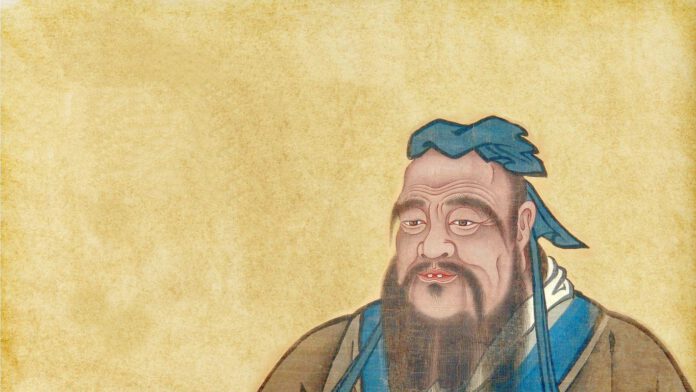
Examining both Chinese and foreign historical narratives, three iconic smiles resonate deeply with people: the first is Mahakashyapa’s smile, embodying the profound comprehension of Buddhism’s true essence. The second is the enigmatic smile of Mona Lisa, an emblem of the Renaissance era, signifying humanity’s emergence from divine mystique to flourish with the allure of human potential. Lastly, there’s the smile of Wang Yangming moments before his passing, a poignant expression of Confucian ideals merging inner wisdom with outward leadership, transcending personal desires.
Confucianism traditionally espouses a harmonious blend of scholarly pursuits and martial prowess, advocating the fusion of knowledge with action. However, during the Ming Dynasty, Confucian scholars tended to prioritize scholarly endeavors over martial arts and intellectual pursuits over practical application. The study of the six arts, once revered in Confucian circles, gradually diminished into a mere focus on literary pursuits.
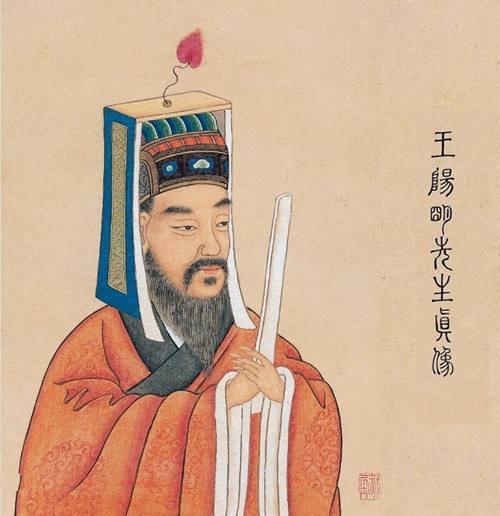
Wang Yangming, however, pioneered a paradigm shift by integrating the core tenets of benevolence, righteousness, and sincerity within Confucianism with the pragmatic aspects of military strategy. His approach transcended the rigid confines and limitations of Cheng-Zhu rationalism, which had become increasingly inadequate for the evolving socio-political landscape. Wang Yangming illuminated the path of inner virtue and the profound science of conscience, unveiling a nuanced understanding of Confucian saintliness.
Moreover, when duty called, Wang Yangming donned his armor and assumed military command with equal aplomb. He quelled years of banditry and lawlessness, subdued rebel factions, and safeguarded the nation from imminent peril, demonstrating his unwavering commitment to both intellectual enlightenment and practical action.
In contrast to the conventional Confucian scholars of the Ming Dynasty, Wang Yangming diverged from the norm by eschewing mere textual analysis and theoretical discourse. Instead, he embarked on a quest to rediscover the fundamental essence of human conscience. Amidst societal upheaval and moral decay, Wang Yangming pondered the core belief that sustains life amidst chaos.
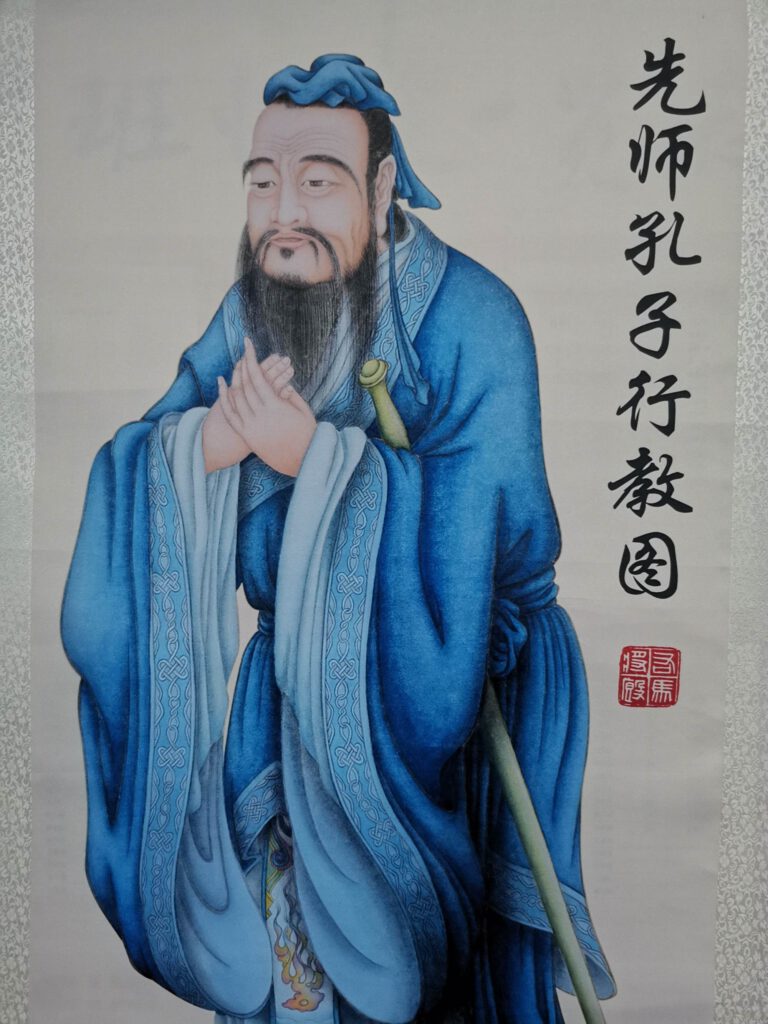
He recognized the limitations of the traditional concept of the unity of knowledge and action, which primarily resonated within Confucian circles. Wang Yangming observed that many commoners and low-ranking soldiers, through their unwavering dedication and selfless sacrifice, exemplified virtues equal to those of Confucian scholars. He pondered the possibility of bridging societal divides, fostering inclusivity within Confucianism, and unifying disparate social classes.
Through extensive introspection, Wang Yangming increasingly perceived conscience as the pivotal factor. He posited that true understanding emanates from the innermost depths of one’s heart. This innate sense of conscience, Wang Yangming believed, requires no external validation but rather emerges from within.
However, Wang Yangming acknowledged the persistent existence of deceitful individuals despite the innate presence of conscience. He argued that human conscience remains inherent but often becomes obscured or distorted, losing touch with its intrinsic nature. Unlike the entrenched intellectual elitism of Cheng-Zhu rationalism, Wang Yangming’s emphasis on conscience transcended social barriers, offering a pathway for both the educated elite and the illiterate masses to reconnect with their true selves. Through the realization of conscience, Wang Yangming proposed, individuals could unlock their innate potential and even ascend to the ranks of saints and sages, irrespective of their social status or educational background.

It has often been posited that Confucianism served as a tool to bolster the authority of feudal dynasties. However, one cannot overlook the remarkable endurance of the “Confucian dynasty,” which outlasted even the Tang, Song, Yuan, and Ming dynasties, the most prominent rulers of which only partially embraced or attempted to control Confucianism. Despite efforts to suppress or eradicate it, Confucianism endured where many dynasties faltered. Spanning over two millennia, from the time of Confucius to the present, Confucianism’s longevity is not merely a stroke of luck.
The resilience and enduring vitality of Confucianism stem from its role in shaping national values, such as filial piety, loyalty, integrity, and righteousness, as well as from its ability to adapt to changing societal dynamics. Throughout history, Confucianism has evolved, taking on different forms in response to the needs and challenges of each era.
Towards the twilight of the Ming Dynasty, many Confucian scholars sought not to uphold traditional doctrines of Zhu Xi or Wang Yangming, but rather to re-envision society. Following the Ming Dynasty’s collapse, scholars engaged in profound reflection and espoused ideas resonating with democratic and revolutionary fervor, rivaling the intellectual contributions of contemporaries like Thomas Hobbes and John Locke.
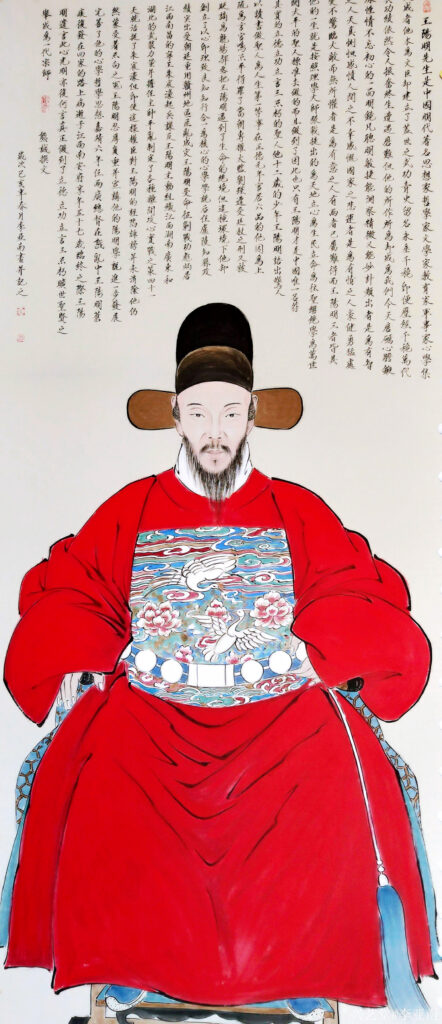
By the late 19th and early 20th centuries, luminaries such as Liang Qichao, Sun Yat-sen, and Li Dazhao rejuvenated the ideas of Ming Dynasty Confucian scholars, infusing them with new vigor. These ideas galvanized movements aimed at overthrowing the Qing government, underscoring Confucianism’s dual nature: simultaneously upholding stability while harboring a revolutionary spirit, capable of challenging corrupt regimes.
Confucianism’s historical resilience contrasts with the proactive spread of many world religions, prompting inquiries into its limited expansion beyond Chinese borders. Despite the Ming Dynasty’s considerable economic, military, and technological prowess in the 15th century, it refrained from aggressive expansionism, a departure from the mainstream values of Confucianism, which lacks an inherent inclination toward expansionism.
Furthermore, examining why Confucianism did not catalyze an “Enlightenment” in Ming and Qing China invites reflection on the ultimate goals of such an intellectual awakening. The Enlightenment era’s aspirations ranged from greater openness, freedom, and democracy to authoritarianism and injustice, underscoring the ambiguity of progress.
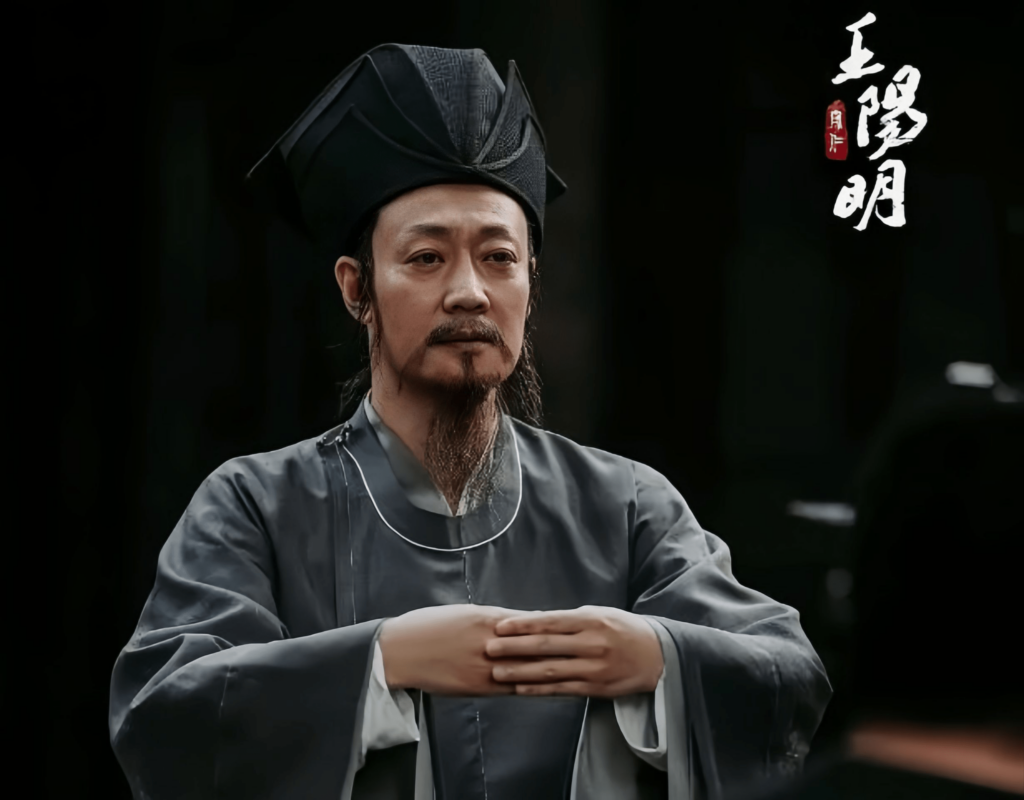
The Enlightenment, while contributing to human knowledge and societal advancement, did not mitigate humanity’s afflictions. Instead, societal upheavals and conflicts intensified, highlighting the complexity of progress.
Returning to the mid-17th century, despite changes in dynastic rule, the intellectual elite sought societal improvement without necessarily acknowledging global progress. However, true progress entails not only superficial advancements in technology but also deeper institutional and cultural transformations. Respecting tradition involves rational inheritance and reform rather than blind adherence, fostering innovation and vitality.
Confucianism’s limited expansion and its impact on societal progress reflect the intricate interplay between tradition, progress, and societal change. By embracing tradition with a spirit of rational adaptation and renewal, societies can cultivate new possibilities for growth and development.
(Source: Chinanews, Zhihu)



